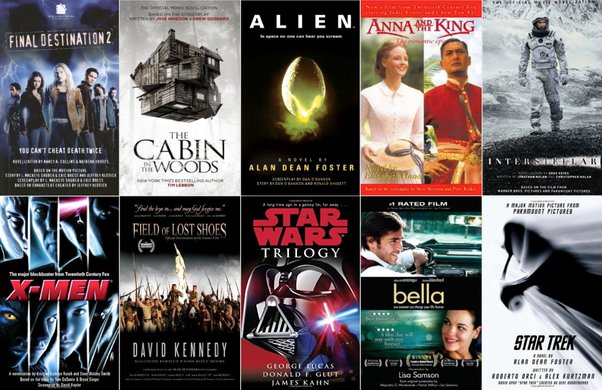Israeli director Tom Showal In Berlin, “David is returned with a letter”, which is his way to process the fact that his friend David Cunio – who acted in his first feature “Youth” – was abducted by Hamas on October One of more than 250 hostages is. 7, 2023, Neer Oz Kibutz.
David Cunio and his younger brother Ariel are one of the hostages who have not yet been freed.
Which took out a tragic turn, “Youth” – which was premiered in the Panorama section of Berlin in 2013 – starred Cunio and his brother Itan as two brothers, who in a rich scheme to pay family’s loans Kidnapped a rich schoolgirl.
“A Letter to David” uses footage and audition tape from “Youth” to create a multi-level documentary that examines the relationship between life and cinema and the human side of the trauma created by the acts of terror Looks at
Diversity Talks to Showaval and Nancy splebergSteven is the sister of Spielberg, about how he said on “a letter to David”, which is “a cry to help, and also a cry to a dialogue,” Showal says.
Obviously, the film is inspired by some terrible. How did it sprout ideologically?
Tom Showal
A few days after October 7, I was feeling very helpless. And I tried to navigate myself, what happened to me with my friend and creative colleague, which was played in my (first) film and in reality I gave me the business of making my film, because I believe in me Was so big. When I talked to Sylvia, David’s mother, he said to me: “Please tell the world what is going on, so that no one forgets David and his brother Ariel!”
So I was considering all that, and I said that I want to share it with David: all these thoughts. And tried to send him some signs. Hopefully he will listen to me. So it was a cry for help, and also cry for a dialogue.
David was the kidnapper in “Youth”. Would you say that the film’s creative core is?
Yes. It was so vivid for me that I needed to use the material that is going on, to tell. And also because we know very little, we do not interact with him. We only have our imagination and cinema. So I was fixing with him. And then I found this box full of such a rear scenes, which we then shot back, but never used.
The editing process was very intimate for me because I had to keep myself inside it and means that it means that it means that it means. With the understanding of what happened on 7 October and needs to talk with the family and go to these places with them, knowing how difficult it is. So all this became a film. Another element is that I did not want to show the footage of October 7 in any way because it was shown and shown everywhere. This type of massacre; This is condensed cruel violence, which I felt that it was blind. You can’t really see anything. You just see the sheer horror. And I wanted to interval it. I wanted to go beyond this and tried to show those who were working with him and what happened to him as a human being. And try to express this emotional moment in his life. In this way all this is tied together.
Nancy, how did you come on board?
Nancy spleberg
Spielbergs do not really like to live in the middle of the drama, although we are very dramatic families. But I was in Israel on 7 October, and I don’t think I was ever threatened. Perhaps 9/11 was close because I live in New York. But I was really shaken. So yes, I saw all that footage and it was almost like a loop, and it just fuel all the trauma. In any case, I was influenced by this in such a way that I was never affected by anything. And I wanted to do a film on 7 October, but I did not think I was emotionally strong that strict movies with such footage. We are friends with Jake Paltro, and he is also very close to my brother. And I was with Jake in Manhattan when we came back from Israel, talking to him and sharing: what has happened in this world? And then he contacted me a few weeks later and said: “You need to talk to Tom.”
I am really very grateful because it is exactly the same as I want to portray this story. I want to see a person. It is like how I do Holocost stories. I do not want to see a number. I do not want to convert it into an indiscriminate person: how many were killed here? I want to see that person, I want to find that sympathy.
How did you like the fact that Berlin’s artistic director was part of David and Aerial on Red Carpet?
Spleberg
I did not know that she was going to do so. I was thrilled because I think it really deployed the film in the same way that Tom wanted: see this person’s face with his three -year -old twin children. Focus on it instead of politics. It is difficult to avoid politics, but in reality I think this film helps to set on the right leg.
This interview has been edited and condensed for clarity.



